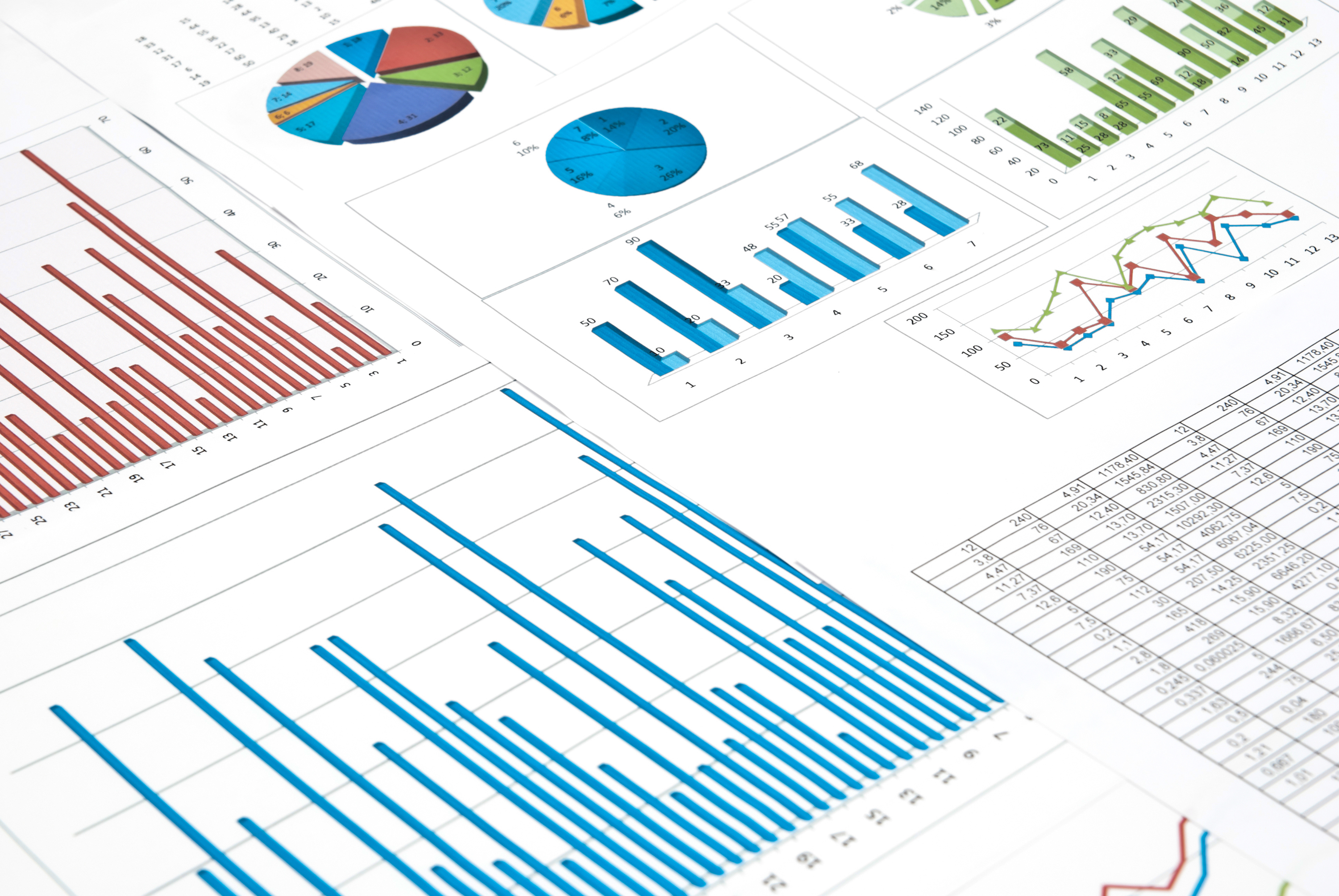Since 2012, the Agency has been developing its quantitative data collection work by building upon previous Agency work and examining current data collection work in countries. The development work uses two areas of activity as a starting point:
- the biennial SNE Country data collection
- the final Mapping the Implementation of Policy for Inclusive Education (MIPIE) project findings.
Agency data collection continues under the European Agency Statistics on Inclusive Education (EASIE) work. The activities involve the now established network of national education data collection experts and have involved additional experts in workshops in 2012, 2013 and 2014, as well as piloting work with 10 Agency countries.
These developments aim to provide clearly focussed data that will inform the European Union Education and Training 2020 (ET 2020) strategic objectives and the implementation of Article 24 of the United Nations Convention on the Rights of Persons with Disabilities (UNCRPD, 2006).
The main shift in thinking within the EASIE work is to collect data on the entire school population that informs inclusive education and not separate, special education.
Participating countries have agreed that the guiding principles for the work in 2014 are:
- Taking a bottom-up approach;
- Labelling the system and not the learner;
- Use of existing data sources;
- Building on existing international tools and definitions; and
- Sharing information with other organisations.
The added value of the EASIE work for countries is that it will inform countries’ work in relation to the UNCRPD 2006 and EU objectives for education and training. The project will consider inclusive education based on whole potential populations. EASIE will also provide data on the SEN population, but from an inclusive perspective, which informs debates on the rights to have access to – and participate in – inclusive education.
All Agency countries will be involved in the data collection work. In September 2014, data experts from 27 member countries – as well as a representative from Croatia, the Agency's observer country – met in Budapest, Hungary, to discuss the data available and reach agreements on how it could be improved.
The final EASIE dataset will be available in early 2015 and will involve a new dedicated web area as well as data analyses linked to key indicators for inclusive education.

